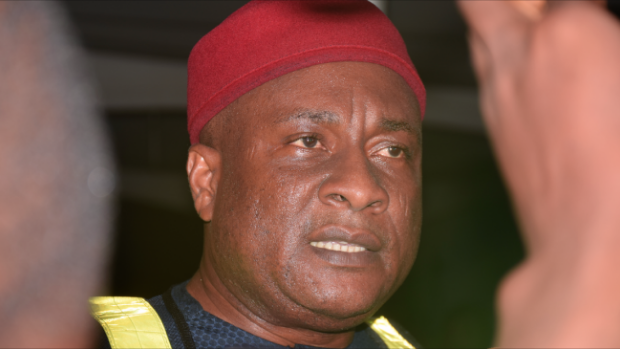As African governments prepare for the takeoff of the Africa Continental Free Trade Area Agreement (AfCFTA), the issue of logistics becomes prominent, and a logistics doyen, Mubarak Mahmoud, said that Nigeria lacked the capacity to fill the gap.
Mahmoud stated this in a chat with journalists on Monday in Abuja, stating that there is a scarcity of qualified Nigerians “to fill that arena”.
He said, “I want to use the case of the recently ratified African continental free trade area agreement and I will still come back to that of the Oil and Gas Industry but I want to give you this example because it affects not just people in the oil and gas but every normal and prosperity seeking Nigerian Who wants to live a normal life.
“We know that African continental agreement is the largest free-trade pact in the world today. So now if Nigeria being the largest economy in Africa rectify this. Do we actually have the players that will play in that Arena? The answer is no.
“In the absence of having Nigerians who are qualified enough and sufficient in number enough because the space in the arena is big, we need plenty Nigerians to fill in that arena. But in the absence of that, other African citizens would come and fill in that space further compounding our lack of employment, our insecurity problems and challenges.”
READ ALSO: TCN Will Be Reformed Not Privatised – BPE
Speaking on the Petroleum Industry Bill (PIB), he said that Nigeria needed to train more people in the logistics area or the vacuum would be filled by citizens of other African nations.
He said, “If the relevant agencies and institutions that have the mandate of the oil and gas sector do not quickly swing into action and begin to offer logistics economic programs, exploration economics, how will local indigenous oil producing companies have the capacity to handle investment in oil and gas from the beginning of the life an oil field to the late life of an oil field?”
“So, now if Nigerians do not train this army of logistics soldiers that they need to fill in this trade opportunities and gap other African countries will fill it up. This is how impactful the gap is.”














